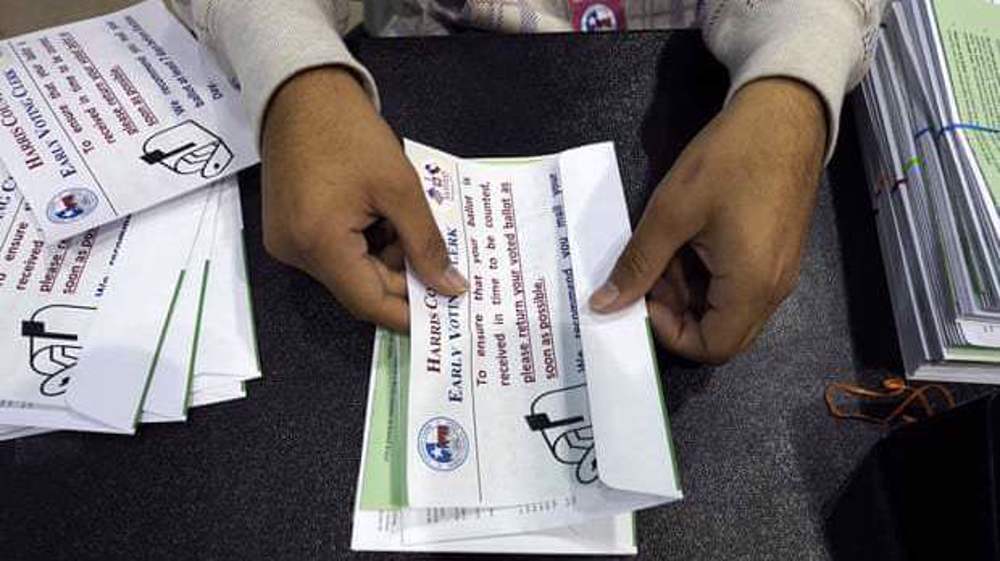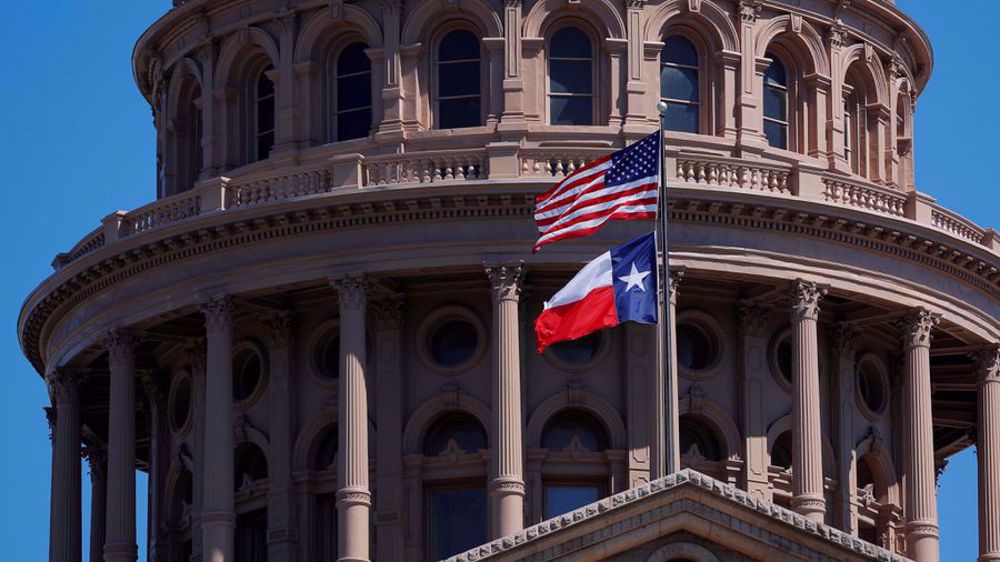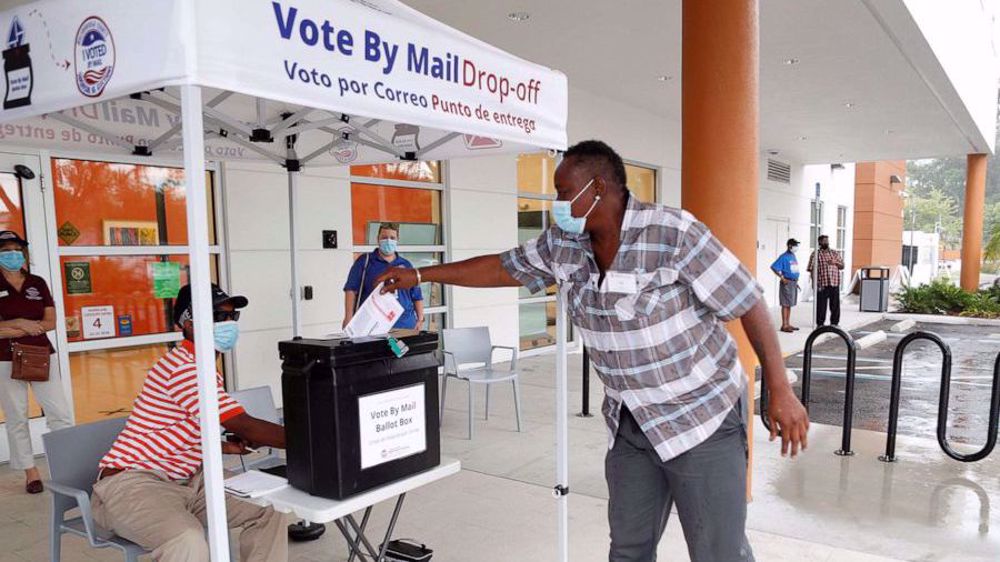New Texas voting rules causing high number of ballot rejections
New voting rules in the US state of Texas are causing a high number of ballot rejections ahead of next month’s state governor’s primary, election supervisors have warned.
New stricter voter ID requirements, which have been passed in many US states by Republicans, will badly affect Democrat-leaning voters of color, according to voting rights activists.
Officials, in media reports, have said almost 40% of nearly 3,600 returned ballots in Harris county, Texas’ most populous county, have not had the identification number required under Senate Bill 1, a GOP-sponsored bill designed to tie voters to valid IDs.
In Williamson county, a northern suburb of Austin with a fast-increasing population of non-white residents, the rejection rate has been around 25% of early mail-in votes.
This comes ahead of the 1 March primary which will determine which of the five Democratic challengers, including former US congressman Beto O’Rourke, will likely take on the Republican governor, Greg Abbott.
According to election officials, the majority of the rejected ballots fail a new requirement to provide an identification number inside the return envelope.
Election officials in Harris county alone have said 40% of mail-in ballots were sent back to voters as of Wednesday since they lacked an ID number.
“We’ll see how many we get back,” Isabel Longoria, the Harris county elections administrator, told the Texas Tribune. “That’s our big question mark right now: are voters going to go through the extra step to correct it?”
The rejection rate has alarmed voting rights advocates, who are trying to gauge the impact of SB1, one of many voting laws enacted last year after former President Donald Trump falsely claimed he lost the 2020 election because of widespread fraud.
Abbott, who signed SB1 in September and is seeking re-election this year, has said the law will increase public trust in elections.
The US Justice Department has sued Texas over the legislation, saying it disenfranchises voters. Democrats say such restrictions discriminate against Black voters and other minorities who traditionally support Democratic candidates.
California's fires reminiscent of Israeli savagery in Gaza: Zarif
VIDEO | Press TV's news headlines
Israeli ministers discuss plot to divide Syria: Report
Pezeshkian felicitates Aoun on election as Lebanon’s president
VIDEO | Brutal murder of journalist in India prompts calls for justice
VIDEO | Iran unveils new AI drone in Great Prophet 19 military drills
110,000 Basij forces display defense capabilities in Tehran parade
VIDEO | Joseph Aoun elected as president of Lebanon












 This makes it easy to access the Press TV website
This makes it easy to access the Press TV website